What is risk management in forex? This article be a short one because I will try my best to keep so simple! Risk management in forex is the ability to trade and manage your trading account using lot size, percentage to trade with and the ratio of profits.
In forex the number one lesson you need to learn is risk management, well the basic of forex trading cover all of that but risk management should come first anyway! No risk management no forex trading, what is Forex trading? Remember in the previous article we covered all of that!
Understanding Risk Management in Forex
Let me still touch on some parts for you, forex trading is the exchange of one currency to another to make profits or money! But if no risk management applies no way to make money in the forex market, risk in forex play a vital role in you becoming a very successful forex trader.
And to honest with you all traders need to manage their account, and without proper risk management and whole efforts is for nothing because nothing will come of it except loses and at the end of you just blow your trading account.
How is risk management used in forex?
How is risk management used in forex? Forex risk management explained, let’s see the top 15 risk management steps you need to follow and succeed.
Risk management entails detecting, assessing, accepting, and/or managing the uncertainty associated with trading decisions. Because forex trading implies incurring significant financial risks, risk management is critical to currency trading success.
When holding open positions, prudent forex traders use recognized risk management approaches to assist them weather the market’s natural volatility, cope with uncertainty, and minimize their market exposure.
Many traders who lose money trading forex do so because they don’t use effective risk management tactics, while inexperience and a lack of market understanding may also play a role in their losses if they’re new to the market.
Risk management is usually one of the most critical aspects of a successful trader’s trading strategy.
Read more article: Foreign Exchange Market Today
Want to Make Money Trading? Try This!
Top Forex Trader Risk Management Tips
Because forex trading is more like gambling than investing, applying sensible risk and money management strategies that many wise gamblers utilize will help you succeed.
Benzinga has compiled a list of the top 15 risk management strategies for forex traders, which can be seen below.
- Before trading live, educate yourself about the forex market and its hazards.
- Develop and follow a sensible trading strategy with discipline.
- Before risking real money, practice any trading method you want to utilize.
- Never put more money on the line than you can afford to lose.
- Choose a risk-to-reward ratio that is reasonable.
- Change the size of your transaction based on the risk.
- Leverage should be used in moderation.
- Set exact entry and exit positions in preparation for your transactions.
- Stop-loss orders may be used to rapidly exit lost deals.
- To lock in your profits at realistic goal levels, use take-profit orders.
- To safeguard gains, use trailing stops on winning trades.
- Identify and plan for the worst-case scenario.
- To avoid overtrading, use discipline.
- When trading, learn to regulate your emotions.
- You should only trade currency pairings if you are familiar with their fundamentals.

How do I manage my account with risk management?
That is a good question, to manage your account you to put some very important factors or keys into consideration, first you need to acknowledge your account size and never trade above what your forex trading account can carry!
A second look into the size of the lot you are using I mean lot size! Your lot size should in any way fit your trading account size! Thirdly you need to always know exactly when it’s time to cash out! That is when is time to take profits, and you need to know when it’s time to cut down losses!
Yes, proper use of stop-loss will help you in managing your trading account, limit the way you trade forex daily, staying too long watching the chart you need to be careful, always trade few hours daily, do you know having enough rest is part of risk assessment? Take your time and have enough rest.
What is the risk of forex trading?
Small changes in the market may have a large influence. The majority of FX trading instruments are quite leveraged. You just pay a percentage of the trade’s worth up front, but you’re still accountable for the whole amount.
Exchange rates fluctuate a lot. They have a proclivity for moving about a lot, even in short periods of time.
Currency changes may go against you and cause you to lose money, thus there are major investing risks.
Markets in foreign exchange are notoriously difficult to anticipate. Exchange rates are influenced by a variety of things.
Risk management strategies provide very limited protection. Stop loss orders will only limit the amount of money you lose. You may also pay a fee to have your stop loss order guaranteed.
Scams and fraud in the forex market. Offers and promotions that seem to be too good to be true are almost certainly accurate. Learn more about foreign currency trading fraud from the US Commodity Futures Trading Commission.
Risks associated with forex providers. You may not be able to get your money back if your FX supplier goes bankrupt.
Trading delays may have a significant impact on outcomes. Because of a lack of liquidity in the market, execution risk, or computer system issues, you may not be able to execute transactions when you’d want.
Read more article: Foreign Exchange Market Definition
Want to Make Money Trading? Try This!
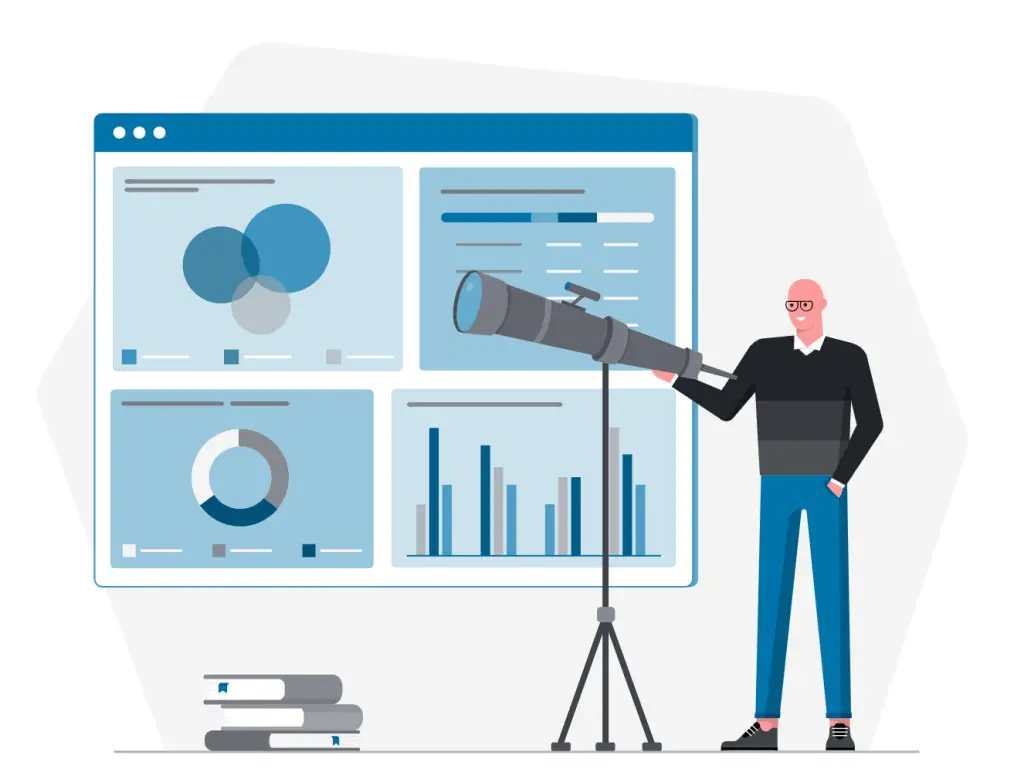
How do you master risk management in forex?
Volatility in the FX market offers a variety of profit possibilities, but it also comes with more risk. Learn about the hazards that come with forex trading and how to deal with them.
Forex risk management allows you to put in place a system of rules and controls to guarantee that any unfavorable consequences of a forex deal are contained.
Because it’s ideal to have a risk management plan in place before you start trading, a good approach necessitates thorough preparation from the start.
How to Deal with Risk
Below I have a list of how any one even if you are a complete beginner can stand a chance of managing risk in the financial market, risk is involve in the forex market wether you like it or not, in fact risk is number one, the list below will help you manage your fund.
1. Gain an understanding of the foreign exchange market
The forex market is made up of currencies from all over the globe, including the British pound, the US dollar, the Japanese yen, the Australian dollar, the Swiss franc, and the South African rand. The dynamics of supply and demand are the primary drivers of forex, often known as foreign exchange or FX.
Forex trading operates in the same way that any other exchange does: you purchase an item with a currency, and the market price informs you how much of one currency you’ll need to buy another.
The base currency is the first currency to appear in a forex pair quotation, while the quote currency is the second.
The price depicted on a chart is always the quote currency, and it shows how much of the quote currency you’ll need to buy one unit of the base currency.
For example, if the GBP/USD currency conversion rate is 1.25000, buying £1 will cost you $1.25.
Read more article: Learn Forex Trading Step by Step
2. Gain a better understanding of leverage
You will be trading on leverage when you use CFDs to speculate on forex price movements. With a tiny initial commitment – known as margin – you may acquire full market exposure.
While there are advantages to trading on leverage, there are also drawbacks, such as the danger of increased losses.
Assume you want to trade GBP/USD using CFDs, and the pair is now trading at $1.22485, with a buy price of $1.22490 and a sell price of $1.22480.
You believe the pound will appreciate against the US dollar, so you purchase a $1.22490 micro GBP/USD contract.
Buying a single micro GBP/USD CFD in this situation is the same as trading £10,000 for $12,249. You decide to purchase three CFDs for a total investment of $36,747 (£30,000).
However, since you’re utilizing leverage to trade the FX pair, your margin will be 3.33 percent, or $1223.67 (£990).
Want to Make Money Trading? Try This!
3. Create a sound trading strategy
By serving as your own decision-making tool, a trading strategy may make FX trading simpler. It might also assist you in keeping your cool in the tumultuous currency market.
The goal of this strategy is to provide answers to key questions including what, when, why, and how much to trade.
It is critical that your forex trading strategy is unique to you. It’s pointless to duplicate someone else’s strategy since they’re likely to have distinct aims, attitudes, and ideas.
They will almost probably devote a varied amount of time and money to trading as well.
Another tool you may use to keep track of everything that occurs while you trade is a trading journal. This can include anything from your entry and exit positions to your mental condition at the time.
4. Decide on a risk-to-reward ratio
Every deal you make should be worth the risk you’re taking with your money. Even if you lose on individual transactions, you want your profit to surpass your losses in order to make money in the long term.
To assess the value of a deal, you should determine your risk-reward ratio as part of your forex trading strategy. Compare the amount of money you’re risking on an FX deal to the possible reward to determine the ratio.
The risk-reward ratio is 1:3 if the highest possible loss (risk) on a deal is £200 and the maximum potential gain is £600. So, even if you were only correct 30% of the time, if you placed 10 trades using this ratio and were successful on just three of them, you would have profited £400.
Read more article: Things to know about Forex market
5. Make use of limitations and stops
Because the forex market is so unpredictable, it’s critical to decide on your trade’s entry and exit points before you initiate a position. You may do this by using a variety of pauses and limits:
- If the market goes against you, normal stops will immediately close your trade. However, there is no assurance that you will not slide.
- Guaranteed stops will always be closed out at the precise price you choose, removing the possibility of slippage.
- If the market turns against you, trailing stops will follow positive price movements and close your position.
- Limit orders will track your profit objective and close your trade when the price reaches the level you specify.
6. Take control of your emotions
The FX market’s volatility may also play havoc with your emotions, and if there’s one factor that influences the success of every deal you make, it’s you.
Fear, greed, temptation, uncertainty, and worry are all emotions that may either urge you to trade or obscure your judgment.
In any case, allowing your emotions to influence your decision-making might negatively impact the result of your transactions.
7. Keep an eye on current events and news
Making forecasts regarding currency pair price fluctuations may be challenging due to the many variables that might cause the market to vary.
Keep a watch on central bank policies and statements, political events, and market sentiment to avoid being taken off guard.
8. Begin with a trial account
Our trial account strives to as nearly as possible replicate the experience of’real’ trading, allowing you to acquire a sense for how the forex market operates.
The key difference between a demo and a live account is that with a demo, you will not lose any real money, allowing you to practice trading without risk.
You’ll have instant access to a version of our online platform as well as £10,000 in virtual money when you register a trial account with us.
Want to Make Money Trading? Try This!
Read more article: How to use VPS for Forex Trading

How do I know what lot size is best for me?
Well to choose a lot size it all depends on your trading account balance or size! But in this part of the article I will reveal some few tips you need, first what I the exact lot size that will fit your trading account and how to calculate it yourself.
It is very advisable to trade with only 1% of your total investment money which is total account balance you are having at hand! All you need to do is to calculate it this way!
Total balance ÷ 100 x 1
Your total account balance divides it by 100 and multiply by 1 and remember the 1 is the percentage we are looking for! So let’s say you are having a $200 start capital and you are to use only 1% of it to trade all you have is %200 ÷ 100 x 1 = $2 that is to say with a $200 starting balance.
You will only use 0.02 lot size to trade only so you can be at 100% safer side! And that is the risk management phase one. And again if you are having a $500 start balance all you have to do is divide $500 ÷ 100 x 1 = $5 that is to say your lot size will be 0.05 and that is 1 percent of your balance.
What if you have $1000 account start balance yes the same calculation applies, now $1000 ÷ 100 x 1 = $10 then your lot size will be 0.10 lot size, this is how to reduce the risk in forex trading, well without applying these principles it will be difficult for you to scale through in forex.
Read more article: Tips on Forex Trading for Beginners

What is proper risk management?
Risk management is the process of recognizing, assessing, and reacting to risk factors during the course of a project’s life cycle and in the best interests of the project’s goals.
Risk management that is done well is proactive rather than reactive, and it involves the control of potential future occurrences.
Risk Management Systems are intended to do more than just detect risks. In addition, the system must be able to evaluate risk and anticipate its influence on the project.
As a result, the conclusion is a risk that might be either acceptable or intolerable. Acceptance or rejection of a risk is generally determined by the project manager’s risk tolerance level.
Risk management may readily enhance other systems if it is set up as a continuous, disciplined process of issue detection and resolution.
This covers planning and budgeting, as well as cost management. Because the focus will now be on proactive rather than reactive management, there will be fewer surprises.
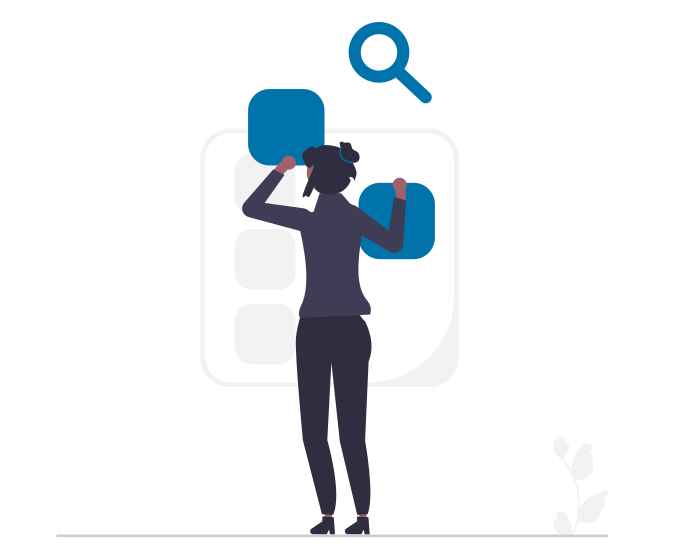
How do you avoid losses in forex trading?
One of the most popular types of investing in Africa, particularly among young people, is forex trading. It is reasonably priced and accessible 24 hours a day.
It may be accessible through mobile devices as well as PCs. Anyone with a cell phone and $10 to spare may participate.
However, Forex trading is a high-risk investment, and depending on the Forex broker, 60-90 percent of traders will lose money.
The majority of traders lose money because they haven’t developed (or aren’t following) a risk-management plan that minimizes losses.
It takes time, expertise, and patience to develop a good risk-management plan, but there are a few basic techniques to reduce your risk.
Make use of a licensed broker
This may seem self-evident, but the amount of new traders that fall victim to Forex trading scams and/or deal with unregulated brokers is staggering.
Be wary of brokers or “Forex gurus” that approach you over social media and offer guaranteed profits. All well-regulated brokers will publish their licenses at the bottom of their websites, and it takes merely a few clicks to confirm their regulatory status with the appropriate authorities.
Negative balance protection is also available from well-regulated brokers, ensuring that you never lose more money than you have in your trading account.
Read more article: How to Make Profit on Forex Trading
Want to Make Money Trading? Try This!
Read more articles
With an unlimited sample account, you may test your plan
All brokers will provide a demo account, which works in the same manner as a real trading account but with virtual funds.
The majority of reputable brokers will provide a demo account that never expires. With an unlimited trial account, you may test your techniques and put what you’ve learned into practice without incurring any risks.
Maintain a minimal level of leverage
It’s critical to be aware of the leverage you’re utilizing once you start trading with a real account. While doubling your trading capital by 1000 or 2000 may sound like a smart idea, certain brokers may provide leverage of 1:1000 or even 1:2000.
Leverage’s amplifying impact extends to whatever losses you incur. Start with a maximum leverage of 1:100 until you are familiar with the impact of leverage on your trade.
Majors Trading
The “major” Forex pairings, which include EUR/USD, USD/JPY, GBP/USD, and USD/CHF, are the most traded currency pairs in the world. These are the most stable couples as well.
The majority of brokers will also provide “minor” and “exotic” currency pairings, such as EUR/TRY (Euro/Turkish Lira) and AUD/MXN (Australian Dollar/Mexican Peso). These exotic pairings are more volatile than majors, thus your trading fees will be greater.
Cryptocurrency should be avoided
Cryptocurrency CFDs, such as BTC/USD (Bitcoin/US Dollar), will be available from several Forex firms. Because cryptocurrencies are notoriously volatile, leverage will likely be quite minimal.
However, price fluctuations with cryptocurrency pairings may be large and unexpected, and the danger of “wiping out” your trading account is considerably greater than with traditional currency pairs.
Make use of a reliable copy-trading service
Many newcomers do not have the leisure to spend all day watching the marketplace. Many brokers, thankfully, provide copy-trading services.
Beginners may imitate the trades of more experienced traders using copy-trading brokers, who then receive a tiny fee from the profit.
Most copy-trading brokers will provide newbies a breakdown of each experienced broker’s success percentage, risk profile, and maximum single loss (called a “drawdown”), allowing them to replicate a trader who meets their needs.
Always utilize a stop-loss order while trading
The last piece of advice for avoiding significant losses in Forex trading is to set a stop-loss order on every deal you enter. Once the price reaches a pre-determined level, a stop-loss will immediately end your transaction.
The natural tendency is to hang on to a losing deal in the hopes that it will become lucrative. Regrettably, this is not always the case.
A stop-loss is one of the most effective weapons in a trader’s armory, as it may prevent a lost transaction from wiping you out or lock in a little profit.
Read more article: Get Funding for Forex Trading
Want to Make Money Trading? Try This!

Knowing when to cash out will reduce my risk?
The answer is yes! We have a lot of traders out there knowing when to cash out is not their problem they concentrate on making more, that is bad and by so doing increase their risk level in the forex market, we are all trying to see how we managed our account that is every trader’s priority.
To limit the risk level of your trading account make you a good forex trader! Nevertheless consider risk management every day and make it a number guide to your success!
I have a lot of traders who succeeded by simply following and keeping to the law of risk management, always try your best, don’t be left aside.
Do following the risk management law keep me safe?
Well, that is earlier said! Yes, that alone will keep you safe! And also keep you on the track to success, remember I told you in the previous article that real forex trader never quite and they never let go, well will you let go? Will you quiet?
Naaaah I don’t think so all my readers are born to success and guess what you are one of them, do not rush into forex trading just keep it simple always remember that success starts with you!
I just hope you find this article helpful, and if you have any questions or comments please drop it in the comment section below thank you.
What are the 4 types of risk?
The term “business risk” encompasses a wide range of issues. It refers to any incident or scenario that might hinder you from achieving your company goals or objectives.
Internal (such as your strategy) and external (such as your competitors) risks exist in the business world (such as the global economy).
All sorts of risk should not be managed or treated in the same manner. Before you contemplate how to deal with a risk, you need first figure out what kind of danger you’re dealing with.
The following are the four primary forms of risk:
- a strategic risk, such as a new rival entering the market
- Risks associated with compliance and regulation, such as the implementation of new regulations or legislation
- financial risk, such as an increase in your company loan’s interest rate or a non-paying client
- operational risk, such as essential equipment failure or theft
These risk categories are not set in stone, and certain aspects of your organization may fall into more than one. When examining both your operations and your company’s compliance, the risks associated with data protection, for example, might be taken into account.
Read more article: Free Software for Forex Trading
Want to Make Money Trading? Try This!
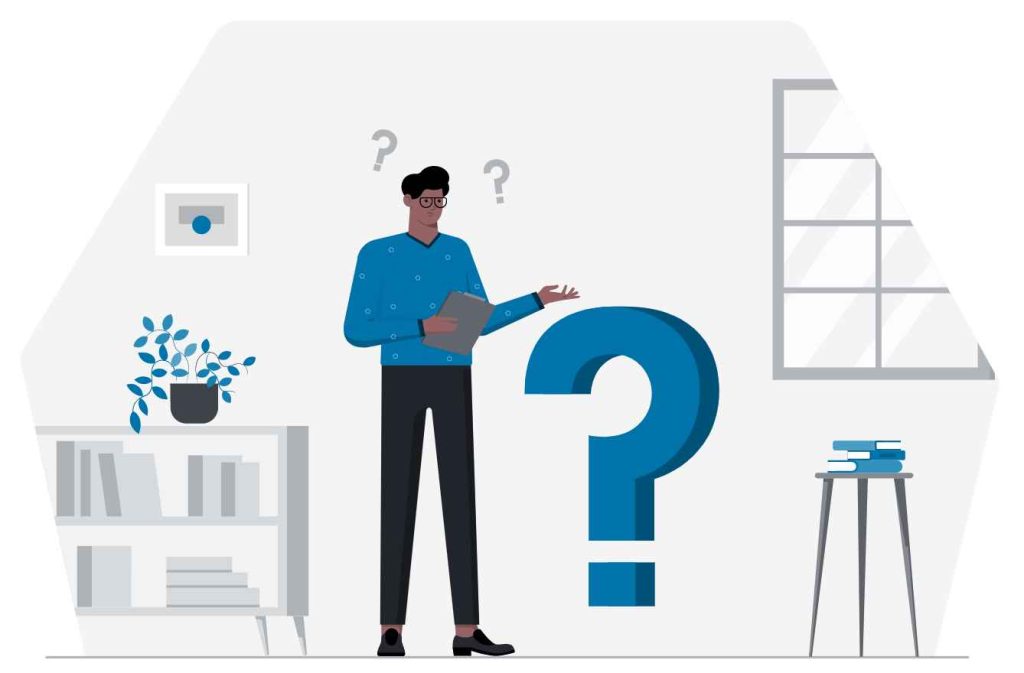
Who is the most successful forex trader?
I have carefully selected the top best richest forex traders in the world that are all round very successful trading forex over the years, this list is carefully handpicked for you, below are the most successful forex traders in the world you need to see.
1. George Soros
We begin our list of the finest Forex traders in the world with George Soros, one of the most illustrious individuals in the history of the currency market.
Soros is almost certain to come up in any discussion on who is the greatest Forex trader of all time.
Soros is widely considered as one of history’s greatest investors, famed for identifying market inefficiencies and exploiting them with big, highly leveraged bets utilizing his excellent grasp of economic patterns.
In 1992, he cemented his fame by allegedly profiting more than $1 billion by short selling the British pound (GBP), garnering him the moniker “the man who ruined the Bank of England.”
The UK was a member of the European Exchange Rate Mechanism (ERM) prior to Soros’ windfall (ERM).
This virtually ensured that the government would adopt policies to preserve the pound’s value within a specified range when compared to other European currencies.
At the time, the UK’s inflation rate was high, and interest rates were above 13%, prompting Soros and other successful Forex traders to assume that the ERM was artificially maintaining the pound high.
The UK finally left the ERM and allowed its currency to float again, causing the value of the pound to plummet on Black Wednesday.
By this time, Soros had established a massive short position against the pound worth more than $10 billion, in what will certainly go down in history as one of the biggest Forex bets ever, solidifying Soros’ name as one of the top Forex traders on the planet.
“I am only wealthy because I am aware of my errors,” Soros famously declared. This phrase encapsulates a crucial part of becoming a successful Forex trader: the ability to acknowledge when you’re incorrect.
Being able to acknowledge when you’re wrong and move quickly to correct it is a critical ability for a successful Forex trader, and it will help you minimize your losses in the long term.
With an estimated net worth of $8.6 billion, George Soros has risen to the top of the list as one of the greatest Forex traders to follow.
Read more article: Tax Free Countries for Forex Trading
2. Stanley Druckenmiller
is a well-known businessman from the United States. This successful Forex trader is related to the last entry on our finest Forex traders list.
For more than 10 years, Stanley Druckenmiller worked at George Soros’ Quantum Fund and regards him as a mentor.
Since then, Druckenmiller has built a solid name for himself, having successfully managed billions of dollars for the firm he created, Duquesne Capital. He has unquestionably established himself as one of the world’s finest Forex traders.
Druckenmiller developed a track record of tremendous gains with Duquesne, in addition to having a role in Soros’ well-known Black Wednesday triumph.
He had a net worth of more than $3 billion prior to his retirement. According to Druckenmiller, his long-term profit-generating trading technique is based on capital preservation.
When his trades are doing well, he aggressively seeks gains, and when they aren’t, he trims losses promptly.
When you’re right, maximize your possibilities, and minimize your harm when you’re wrong, according to Druckenmiller’s philosophy.
“There are a lot of shoes on the rack; wear just the ones that fit,” Druckenmiller said when interviewed for the bestselling book “The New Market Wizards.”
3. Bill Lipschutz
Bill Lipschutz is regarded as a legend in the Forex trading world, because to his inspirational trading adventure that began while he was still in university in the 1970s.
Lipschutz received $12,000 from his grandmother when she died while he was still in school. Lipschutz started trading with this money and, astonishingly, converted it into $250,000. Lipschutz, however, lost the whole $250,000 due to a single bad judgment!
That would have been enough for many individuals to give up trading forever, but not for Lipschutz, one of the top Forex traders in the world. After graduation, he continued trading and began a training program at Salomon Brothers.
He was recruited to join their Foreign Exchange Department soon after, and by 1985, he was bringing in $300 million a year for the company. Heathersage Capital Management, a firm specializing in G10 currency trading, was formed by him in 1995.
Lipschutz considers Forex to be a very psychological market, and he, like many other successful Forex traders, thinks that market perceptions impact price behavior just as much as facts.
Lipschutz also believes with Stanley Druckenmiller that being a successful Forex trader requires capitalizing on your wins.
“You have to find out how to earn money from being wrong just 20% to 30% of the time,” he famously stated about trading.
Lipschutz’s dedication and ability to overcome a catastrophic loss early in his career to become a successful trader has earned him a spot on our list of the finest Forex traders in the world.
Read more article: Open Demo Account for Forex Trading
Want to Make Money Trading? Try This!
4. Andrew Krieger
Andrew Krieger’s name should be included on any list of the finest Forex traders in the world. Following a spell at Salomon Brothers, Krieger received his MBA from the Wharton School of Business and joined Bankers Trust in 1986.
He was widely regarded as one of the most aggressive and well-known traders of the period, impressing his firm’s management to the point that he was given a trading limit of $700 million, fourteen times the customary $50 million!
Krieger assessed the New Zealand dollar as being overpriced during the Black Monday disaster in October 1987, when major markets fell by at least 20%.
He then began a high-leverage short bet on the currency, worth hundreds of millions of dollars.
In fact, it was said that his short position was so huge that it equaled New Zealand’s total money supply at the moment!
The New Zealand currency then dropped 5%, resulting in a $300 million windfall for Krieger’s employers!
5. Paul Tudor Jones
With an estimated net worth of more than $7 billion, is without a doubt one of the top Forex traders of all time.
He started trading cotton futures at the New York Cotton Exchange in 1976, after graduating from the University of Virginia, a job he lost after falling asleep at his desk after a night out drinking with his pals!
Tudor Investment Corporation, which trades and invests in a variety of assets such as currencies, commodities, and stocks, was formed by him in 1980.
Jones predicted and shorted the 1987 Black Monday meltdown, which was one of his first and best achievements.
Which we discussed in the previous part, allowing him to triple his money and earn an estimated $100 million!
6. Michael Marcus
Michael Marcus is a well-known Forex trader who is credited with converting $30,000 into $80 million in only 20 years!
He’s also a member of the Commodities Corporation Company’s initial board of directors. He was mentored by Bruce Kovner and was taught by the famed Ed Seykota.
One of the most crucial characteristics of a great trader, according to Marcus, is patience. He also stresses the need of sound financial management, stating:
“Never put more than 5% of your money on a single wager.” You may be mistaken more than twenty times this way, and you won’t lose your money for a long time.”
Marcus took advantage of the high dollar during Ronald Reagan’s presidency to establish big market positions, claiming to have maintained holdings worth around $300 million in Deutsch marks on a regular basis.
Want to Make Money Trading? Try This!
Read more article: Basics of Forex Trading for Beginners

Conclusion
Now at least you know what is risk management and how to probably use it to your advantage! To make money trading the forex comes with a price and some of the price you have to pay is the risk!
This article discloses all you need to know and how you can properly manage your forex trading account without fear, risk management will make you grow and also keep you safe while trading forex, I just hope you find this article helpful!
Want to get more value from me about forex on a video, strategies and indicators subscribe to my YouTube channel Joseph Benson Click Here.
If you have any comments or questions you can drop them in the comment section below, thank you so much I hope I will see you next article! Bye-bye with much love from Joseph Benson.
Read more article: Practice Account for Forex Trading
Want to Make Money Trading? Try This!
Download Ichimoku AMA Optimized Indicator

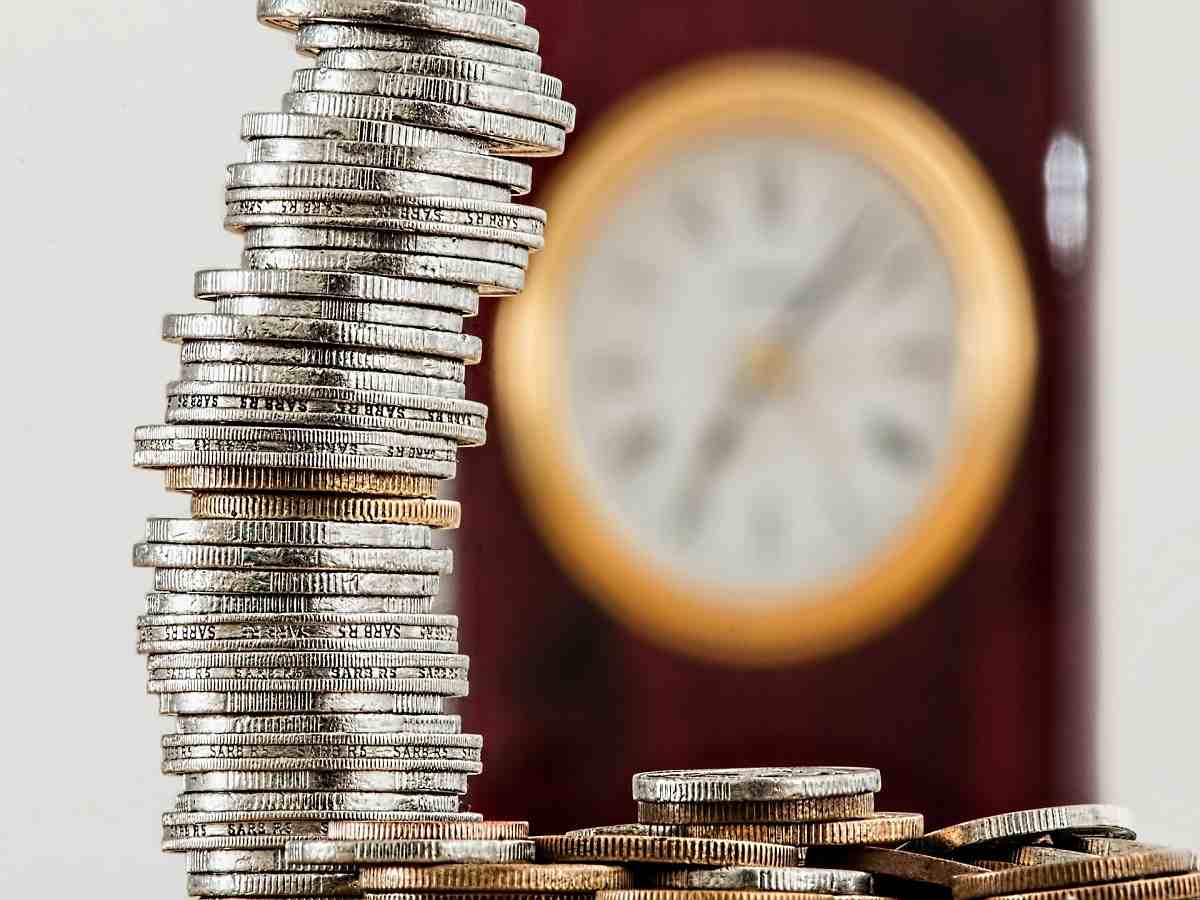

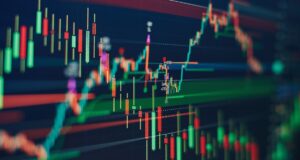
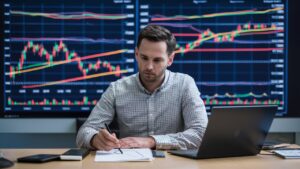

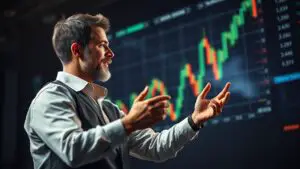
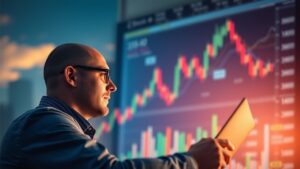
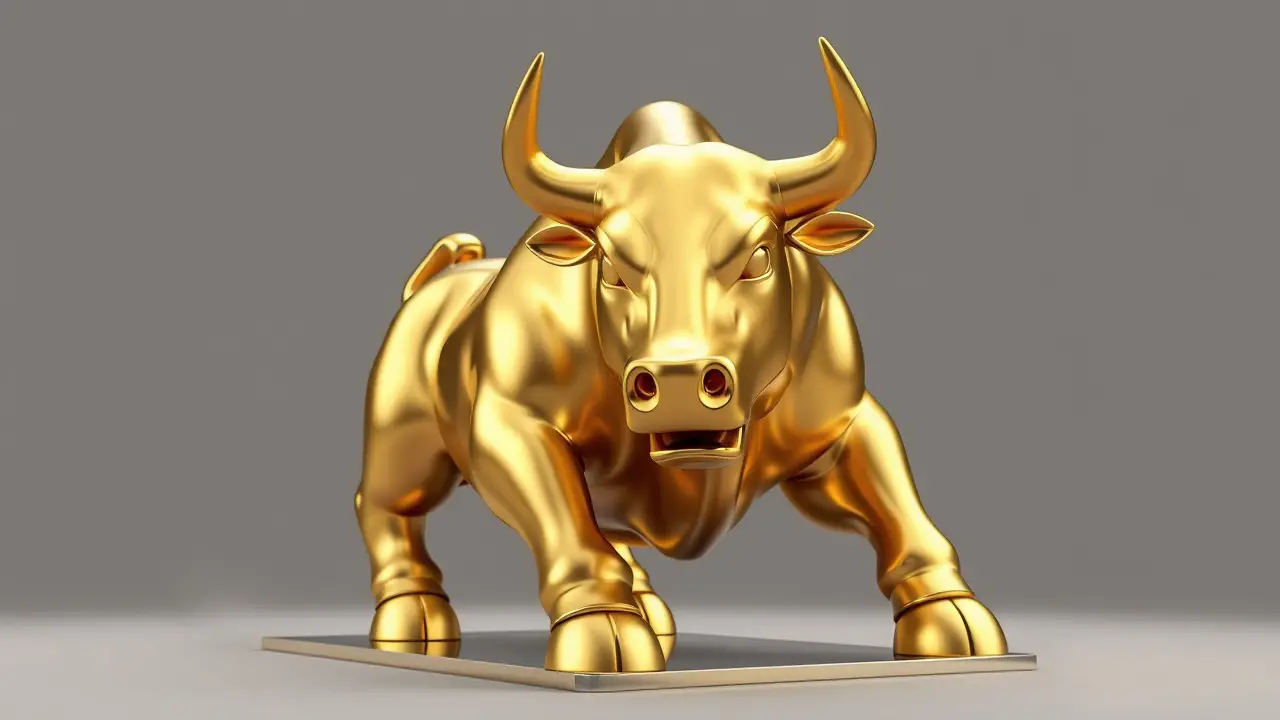
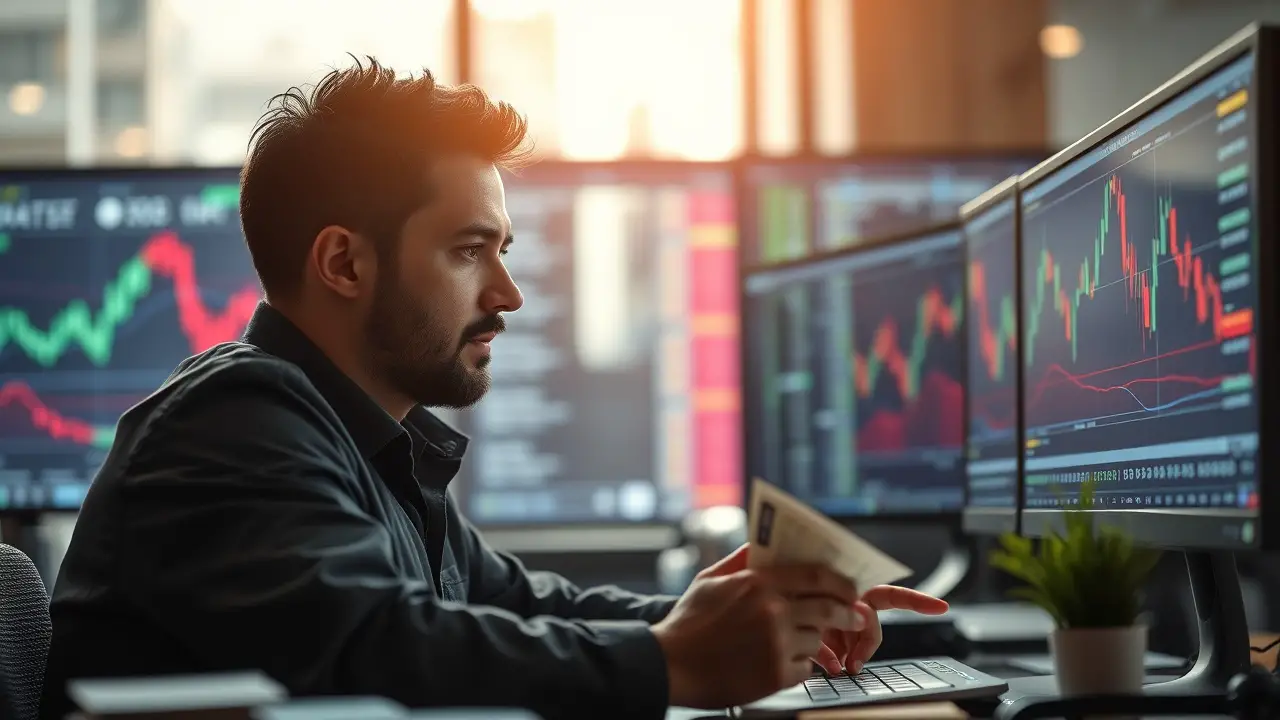

Leave a Reply